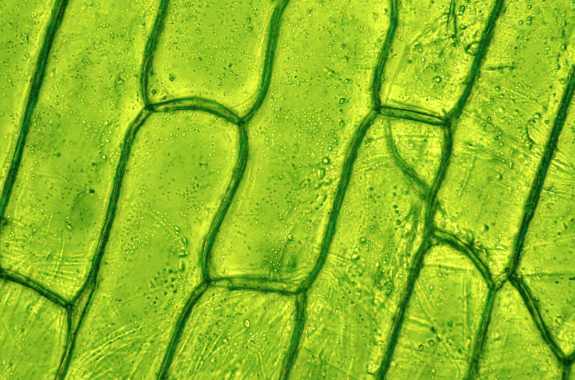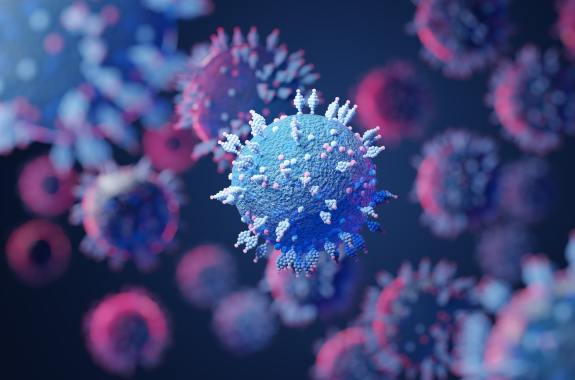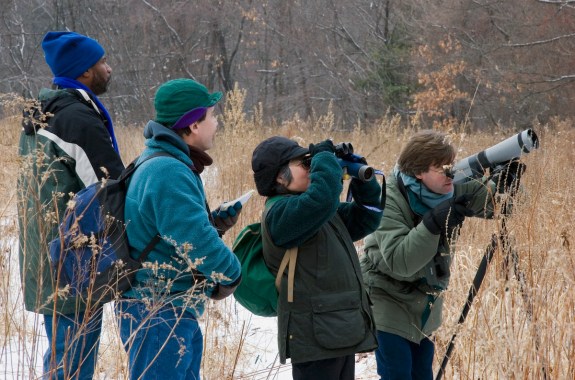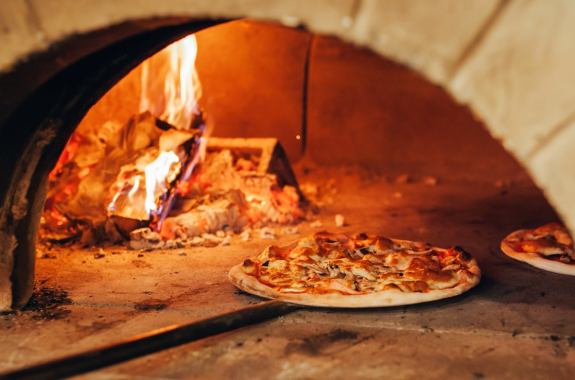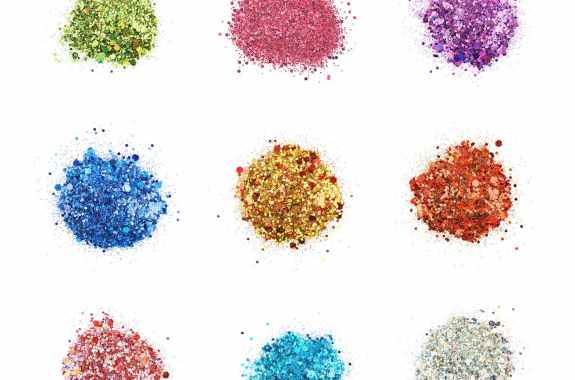Radio
Listen to Science Friday live on Fridays from 2-4 p.m. ET
November 22, 2024
On the 50th anniversary of Lucy’s discovery, paleoanthropologists reflect on what she means to science, and what she taught us about ourselves. Plus, divers have recovered seeds of a long-lost rye variety from a 146-year-old shipwreck in Lake Huron. And, just in time for Thanksgiving, a potato researcher explains potato varieties, potato nutrition, and some tubular tuber facts.
2:00
The World According To Sound: Listening To Black Holes Collide
Some black holes sound like a wobbling top, while others rumble in low bass tones. Listen to them yourself, thanks to MIT professor Scott Hughes.
16:43
Is There A Method To Plant Mutation?
New research finds that some parts of plant genomes mutate more often—suggesting it may be time to rethink the randomness of evolution.
17:05
Omicron Sparks Surge In Pediatric Hospitalizations
Two pediatric infectious disease specialists answer listener questions about what’s behind the rise in omicron cases in kids.
11:48
Omicron Variant Drives Winter COVID Surge
Everything you need to know about tests, revised quarantine guidelines, and forthcoming vaccines.
17:00
How Christmas Bird Counts Help Shape Science
Long-ranging records are helping track changing bird patterns.
12:14
How A Former Microsoft Exec Mastered The Perfect Slice—Using Science
Nathan Mhyrvold, author of “Modernist Pizza,” made over 12,000 pies to investigate the physics and chemistry of the perfect slice.
17:24
E.O. Wilson’s Indelible Mark On Ecology
Reflecting on the late naturalist’s extensive legacy.
17:32
The Fossil—And Family—Records Of Richard Leakey
A leading authority on paleoanthropology, Richard Leakey leaves behind an expansive body of work on human evolution.
17:17
Omicron May Be Less Severe. It’s Still A Big Healthcare Problem.
A breakdown of what to consider when talking about severity.
11:58
Glitter Gets An Eco-Friendly Glimmer
Chemists have developed a new way to make eco-friendly glitter from plant fibers.

